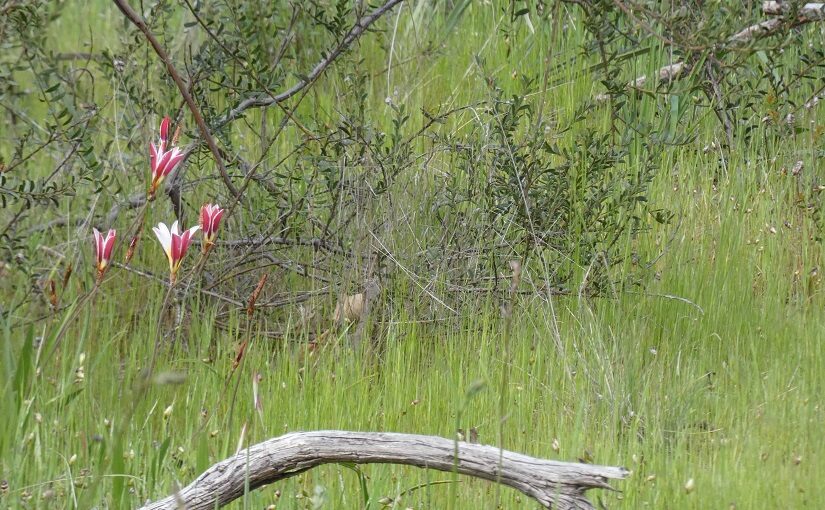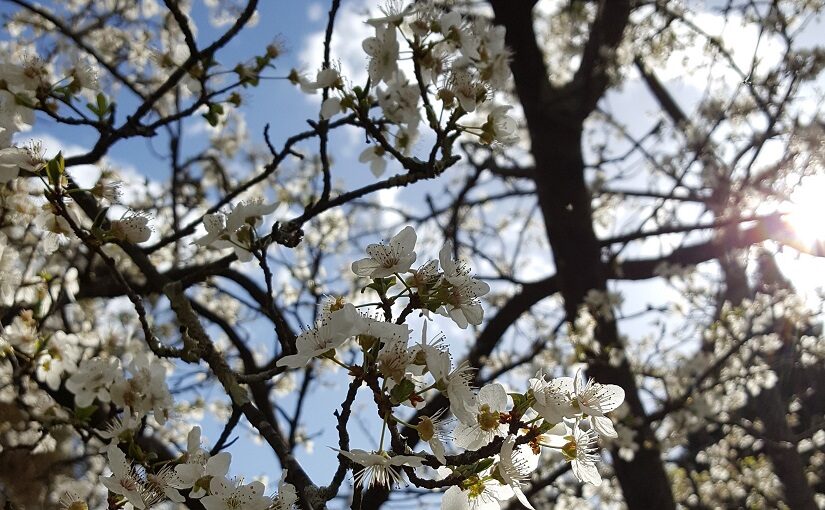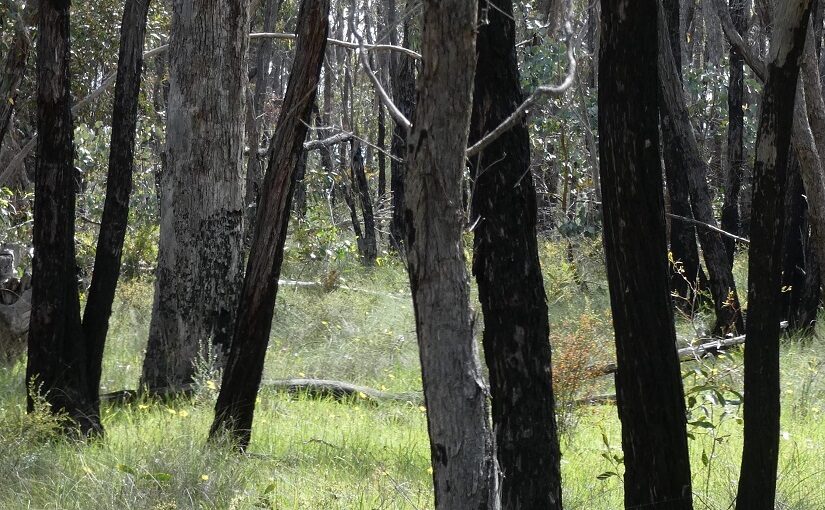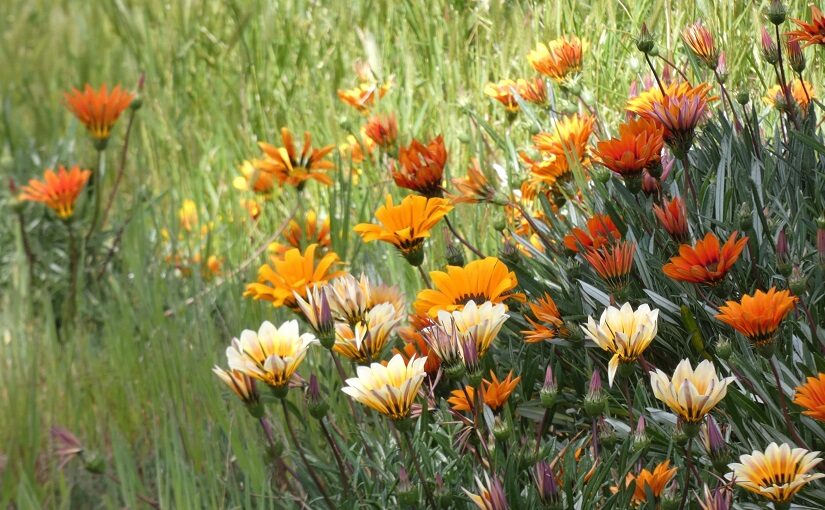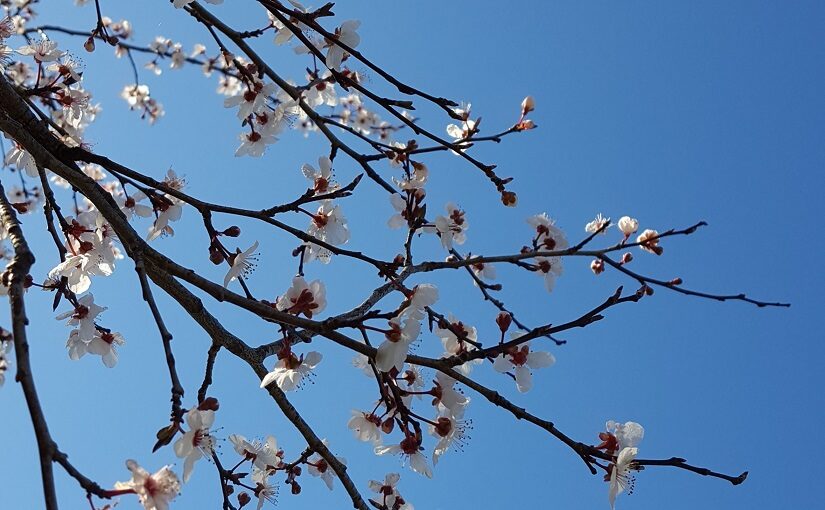If life’s some sort of dance of the spaces and rights existing between us, how aware are we of those mutual obligations? Isn’t our sharing of land, opportunities and resources all some sort of delicate balance? This sense in which “life” is almost always some form of give and take as we interact with one another throughout the course of all our lives. Yet, how often are we honouring the perhaps unspoken rules governing it all? (Notes One)
It just seems that humans have “always” existed in some version of that dance – societies having been ordered in various ways, around various principles, following various rules or priorities in terms of how this thing should “work”. As if “the dance” just changes as communities decide to arrange themselves in different ways, around different values or visions of what they hope to achieve by way of the discipline involved.
In that, isn’t there always a delicate line between self and others? This boundary where discipline or commitment comes into play and we don’t take a step that we “could” because we understand why we shouldn’t: that, in doing so, we’d be stepping into the space reserved for others. Don’t we come upon such lines all the time in life? All those times we have to preserve others’ rights by limiting our own.
Maybe it’s a physical line, where taking more than our share or not taking care over shared resources creates problems for others. Maybe it’s an intellectual line, where we need to respect others’ freedom to think or believe as they choose. Maybe it’s interpersonal, in how we afford one another the space to live, to be, to express themselves and not meet with another’s judgement. (Notes Two)
It just seems such a fundamental part of society: the frameworks we have around each other and how we’ll coexist. If we’re not thinking of others, won’t that accumulate to almost unfathomable sources of stress within daily life? If, at every turn, we’re coming upon situations where it’s clear we’re not all abiding by the same sense of how “this” needs to work, won’t we start to feel frustrated or disengaged from it all?
Whether disengagement stems from modern life, technology, overwhelm, migration, or any combination of other sources, isn’t it problematic just the same? If we’re not on the same page in terms of “how we’re relating to others” won’t our communities be strained in countless cumulative ways? All these niggling scratches where evidence suggests people are thinking differently, of themselves or not of you. (Notes Three)
We might spin this in terms of intolerance, social awareness, aggression, empathy or any manner of other phrases, but isn’t the core principle the same? This sense in which we sorely need to define and respect the spaces around ourselves and others – human beings – if we’re to see life in such a way that allows us all to enjoy it as best we’re able while contributing all we have to offer one another within community.
Notes and References:
Note 1: Mutual awareness and accommodation?
Note 1: Integrity and integration
Note 1: Situations which ask us to trust
Note 2: These ideas we have of one another
Note 2: Solving all the problems we’re creating
Note 2: What we create by our presence
Note 3: Lacking the human side of community?
Note 3: Might we lose our social muscles?
Note 3: Can “how we relate” really change?
For some early thoughts from a few years’ back, Having boundaries discussed the value of the lines between us.

